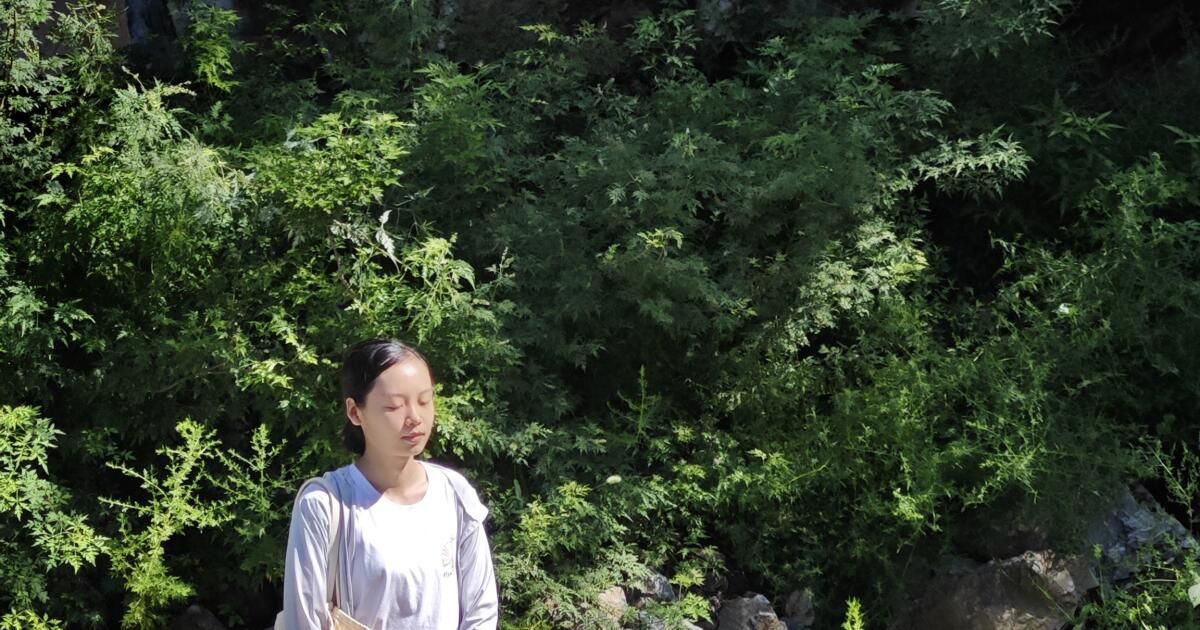Su Cong, 29, was scrolling through her phone in February when she saw an ad with undeniable appeal: a temporary retreat, a fresh start, a mental adjustment, a healed soul.
The Beijing tech worker had just returned from visiting his family in Chengdu over the Lunar New Year holiday and was already dreaming of his next vacation. In his search for a way to escape the routine, he stumbled upon a new type of business targeting restless workers like himself.
The social media post called it a “nursing home for young people,” where the young and able can go to work primarily on their mental health and happiness, away from the hectic urban routine.
Dong Jiaping, right, and a volunteer sunbathe at Guanye Youth Retreat Village.
These slow-paced havens have become the latest attempt by young Chinese to cope with rising unemployment, economic disillusionment and changing attitudes about careers and the workplace.
“I thought this would be a good way to relieve some stress,” Su said.
In their quest for a more balanced and less stressful life, young Chinese are emulating trends seen in the United States and other countries, where younger generations are rebelling against previous work pressures and demanding more flexibility and personal time.
After some research, Su found a retreat a couple of hours from home. She asked for permission to work remotely, sublet her room in a three-bedroom rental apartment, and set off for her new home in the fields and mountains west of Beijing.
When he arrived at the Guanye Youth Retreat Centre, which derives its name from the Chinese word for “nature observation”, he said the peace and tranquility there made him feel like he was in paradise. In Beijing, work was non-stop, from the hour-long commute to long shifts at the office. Even during lunch breaks, he and his co-workers would often talk about work.
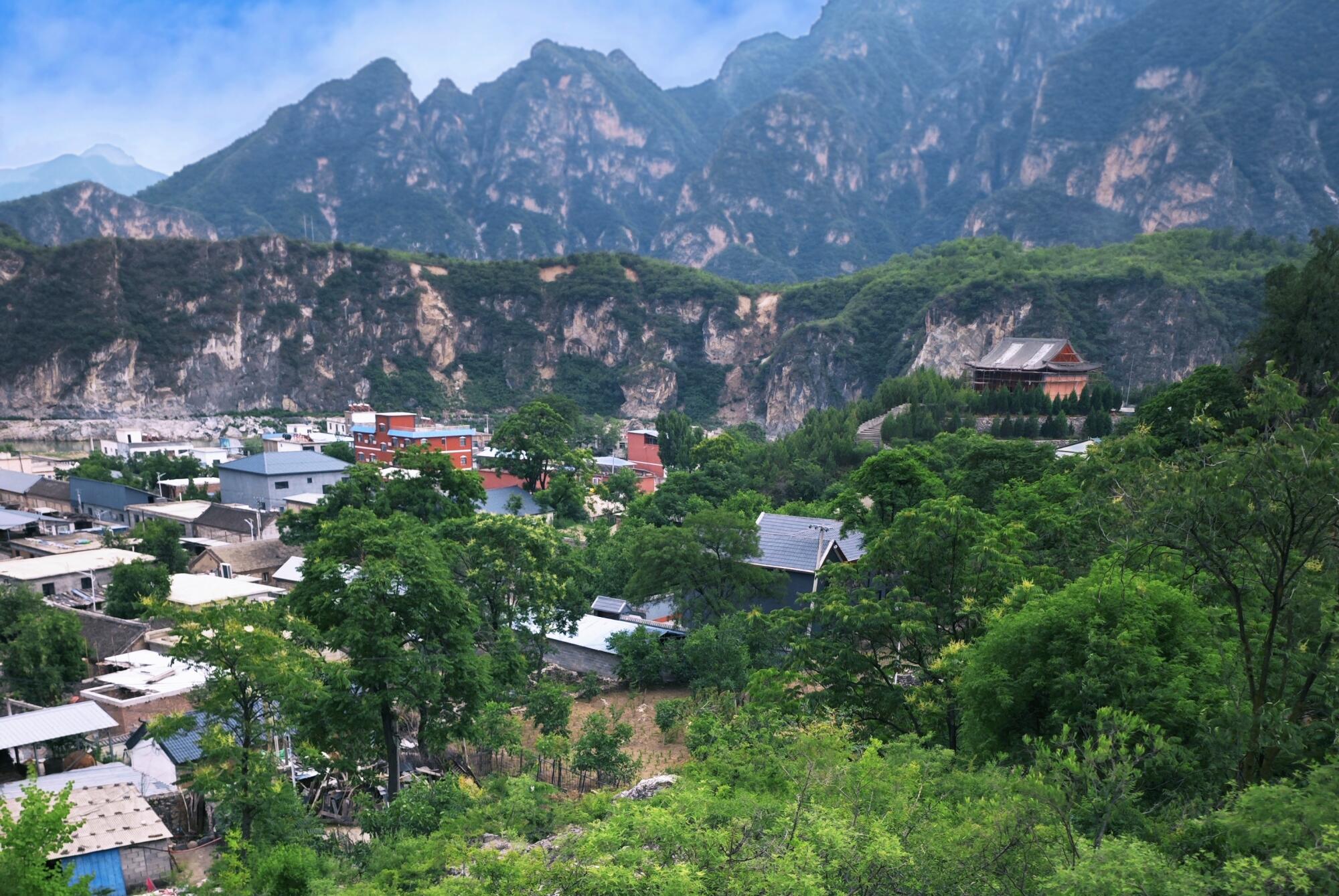
A wide view of Guanye Youth Retirement Village.
Now, aside from morning visits to the Beijing office, Su sets his own schedule. He often takes breaks in the afternoon to take a nap or stroll around the town.
The centre organises activities for residents, such as painting, horse riding and hiking along the river and in the nearby mountains. Su joins in if she has time, although she prefers networking activities and socialising after dinner.
“It’s like a utopia,” said Su, who pays about $420 a month for room and board, cheaper than the monthly rent she pays in Beijing. “I can completely disconnect from work mode.”
In China, a stagnant economy and cutthroat job market have given rise to an entirely new lexicon for modern burnout in recent years.
Chinese workers often invoke the word neijuanor “devolution,” to describe working harder for little or no benefit. Tangleor “lying on your stomach,” became a ubiquitous term for opting out of the rat race, not unlike the term “quitting quietly” in the US. Dancing, or “let it rot,” was also spread as an even more pessimistic reflection on surrender.
“The competition is overwhelming,” said Jenny Chan, an associate professor of sociology at Hong Kong Polytechnic University, adding that economic anxiety among her students is growing. “Even with formal education credentials, the tangible difference between candidates is quite minimal now.”
1
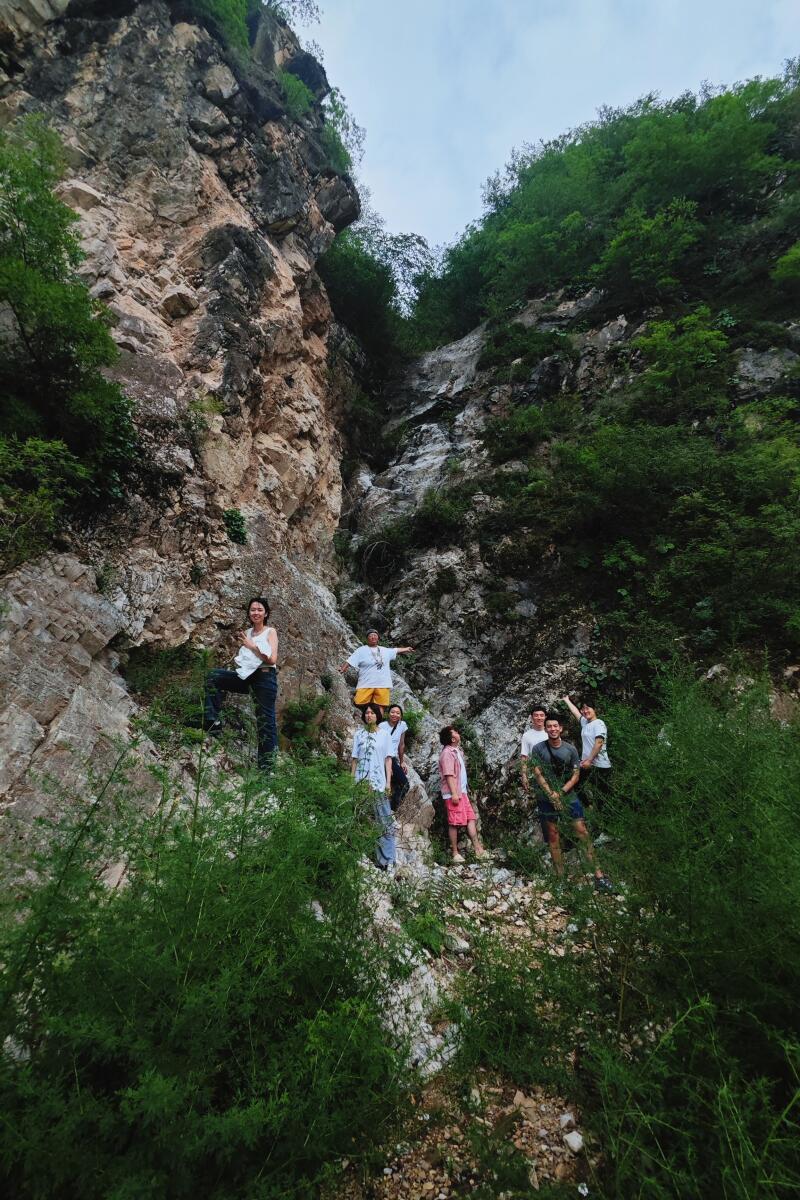
2
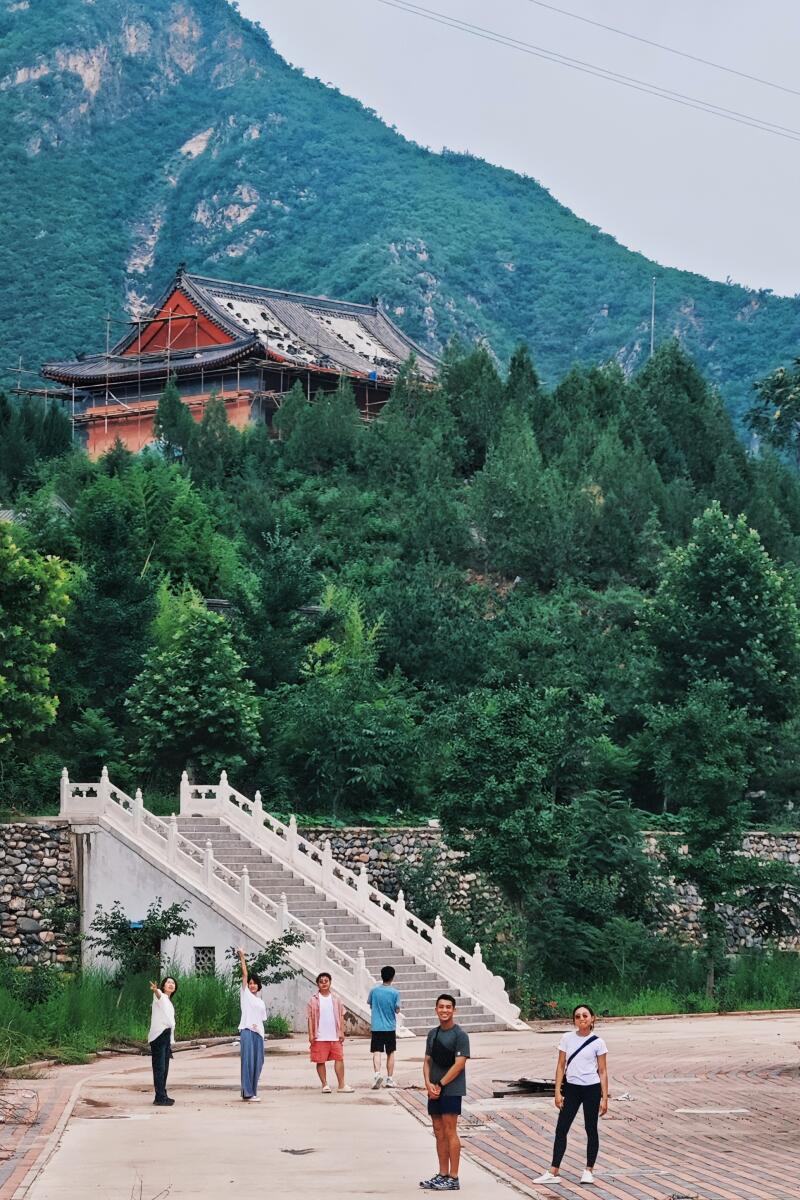
1. Residents walk along the river in the village. 2. A visit to a nearby temple. (Guo Lu Wang / For The Times)
Young Chinese graduates talk of “shedding their academic clothes” to take whatever jobs they can find despite their degrees. Some have resorted to calling themselves “full-time children” while living at home with their parents.
Enter the new wave of youth-oriented retreats.
According to the website Xinhong, which compiles data on social media trends, the hashtag “nursing home for young people” has been viewed more than 8 million times since its creation in early 2023 on Xiaohongshu, or Little Red Book, a Chinese Instagram-like app.
Online interest surged in July after a video went viral showing one of the country's first retreats, which does not accept residents over the age of 45.
“Our generation is under a lot of pressure,” said Lu Baike, founder of a “nursing home for young people” in Yunnan province, southern China. “Young people shouldn’t just struggle. They also need to rest.”
The team behind Guanye started in 2018, when a group of friends and former roommates began buying old houses and converting them into guest houses.
In June, they opened four dormitories that could house up to 300 residents and began advertising themselves on social media as a “youth retirement home.”
1
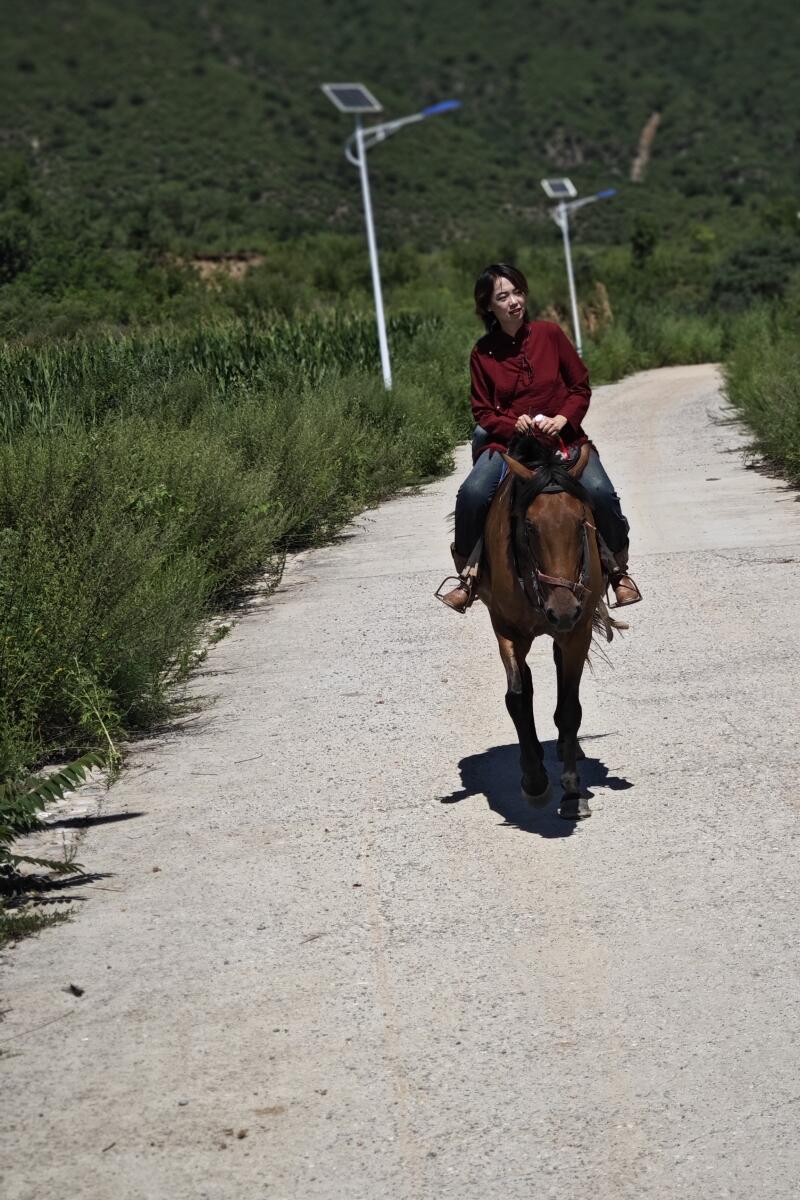
2
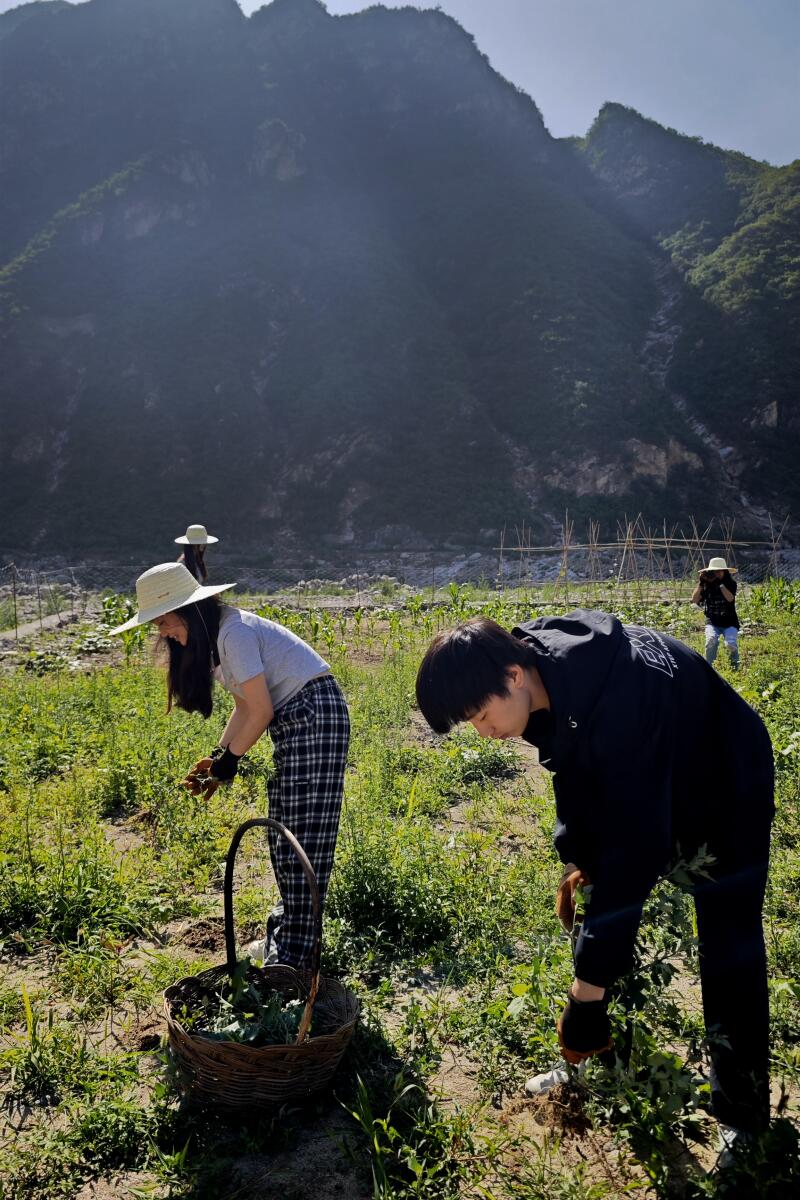
1. Dong Jiaping, co-founder of Guanye Youth Retirement Village, rides a horse on the grounds. 2. Residents work in the garden. (Guo Lu Wang / For The Times)
“It all started as a casual idea,” said co-founder Wang Guolu, 29. “When we seriously considered it, we realized that the term ‘retirement’ could appeal to young people to a certain extent.”
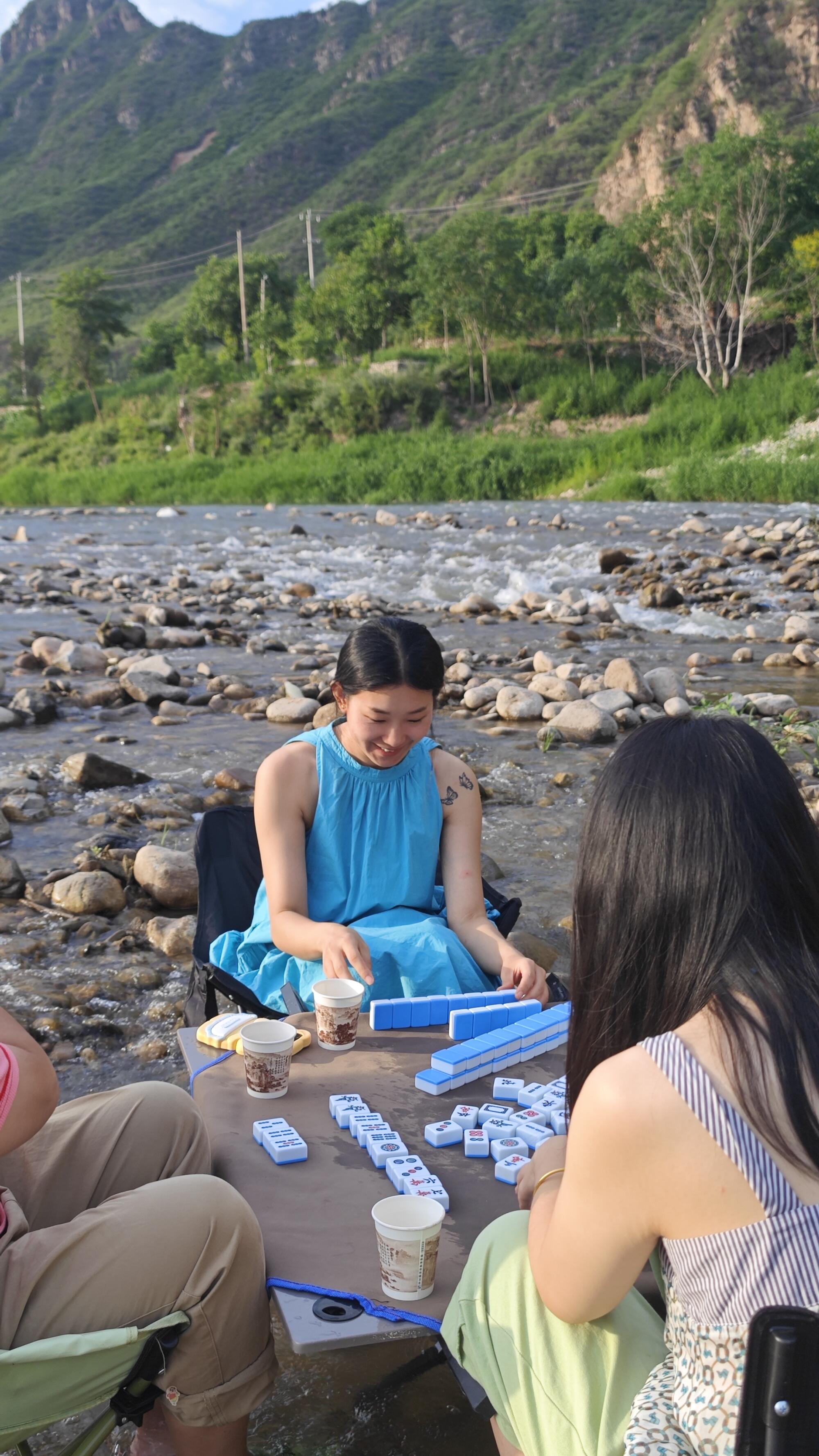
Residents play mah-jongg in the countryside.
Wang said residents are a mix of remote workers like Su, short-term visitors and weekend guests.
Instead of employees, they hire volunteers who help with household chores in exchange for free room and board. The retreat offers a mix of five dozen free and paid activities, including sheep herding, needlepoint and interactive role-playing games with village elders.
“It’s not that young people today just want to be idle or retire early. They are looking for a state of total relaxation, because their daily lives are often very stressful,” he said.
Chan, a professor at Hong Kong Polytechnic University, said that given the country's economic crisis, ambitious young workers cannot afford to rest forever.
“It seems like it’s better than just feeling sorry for themselves,” Chan said of the new youth retreats. “But in the long run, I definitely think they also want to remain productive members of society who can also generate income.”
Dong Xue, 28, said her time at Guanye allowed her to determine the next step in her career, rather than “staying still.”
Dong had been working as an interior designer in Beijing for five years and felt her career at the company had stagnated. She quit at the end of last year and began working freelance, longing for a quiet place to retire to.
She signed up as a volunteer at Guanye, where she spent two hours a day doing menial tasks such as cleaning tables, tidying common areas and making beds.
The two months she spent there have helped her heal physically and mentally, she said. A standing meditation instructor helped her adjust her spine after spending long hours at her desk, and a tarot card reading convinced her that she shouldn't give up on her current career.
She returned to Beijing in late August to look for a full-time job. She said she missed some big-city amenities, such as easy access to fried chicken and boba milk tea, but might still visit the village for short vacations.
“After staying for a while, it gave me the motivation to start again,” Dong said. “But if I stay too long, I might get too immersed in this lifestyle.”
Times staff writer Yang and special correspondent Wu reported from Taipei, Taiwan.

